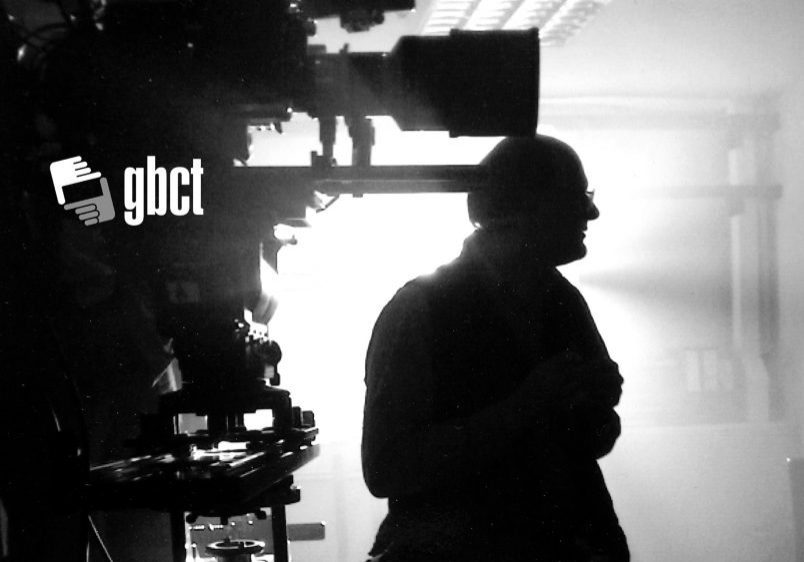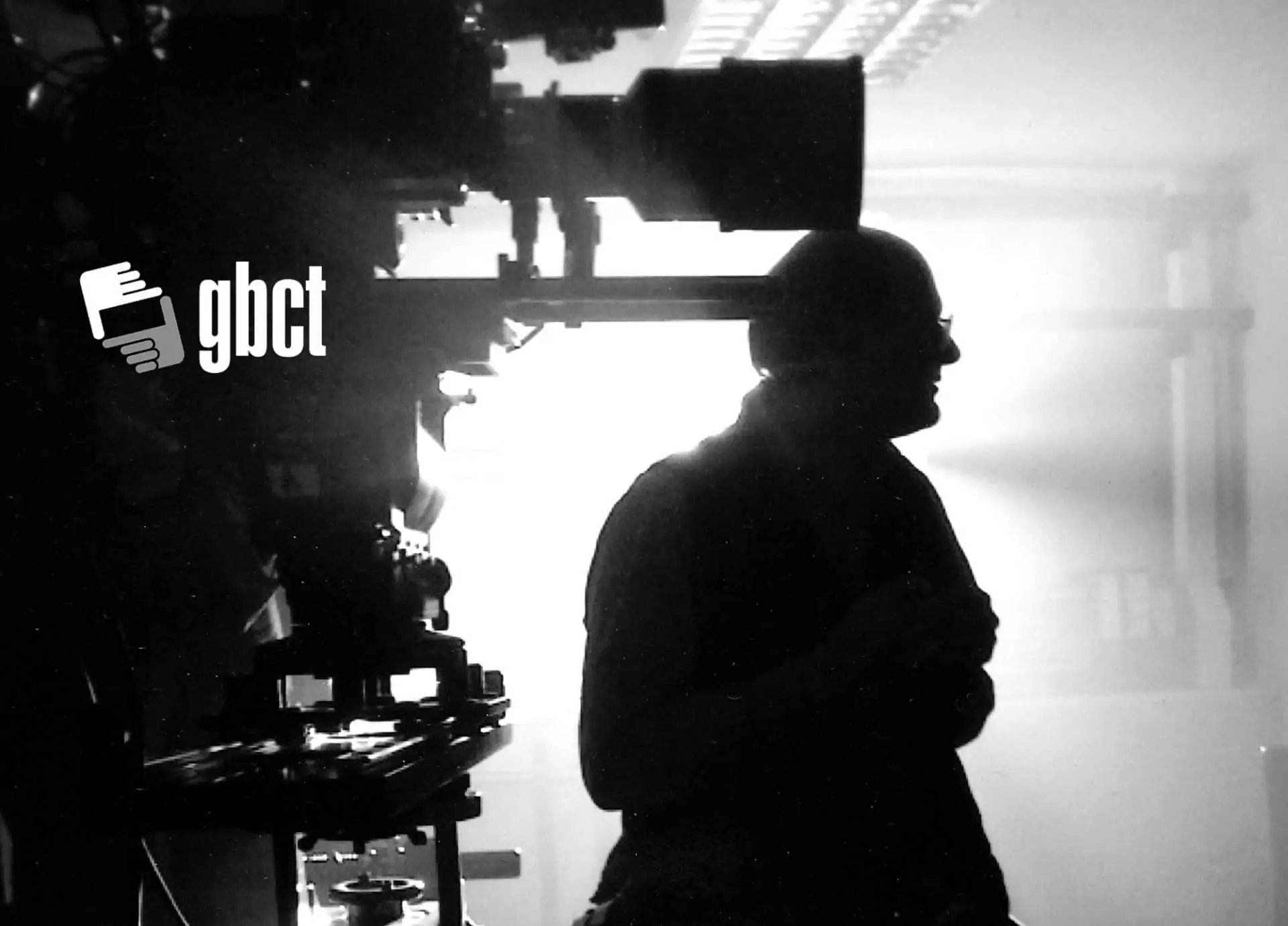Subjects matter
GBCT News / Tim Potter

Subjects matter
GBCT News / Tim Potter
Much has been said by many a pundit in recent months that the great success of our industry is skewing the market for film and television production in the UK. Success is definitely true. Feature film production crossed the £1bn mark a few years ago and is now passing £1.3bn. The BBC alone spent a similar sum on new-make TV in the last year. This is truly a boom, which makes us think that we should be asking “are we to expect it to be followed by a bust?”, but that is not the right question as many other factors are changing.
The whole economic picture of film and TV production is in flux. Big film producing entities are merging, selling-up and consolidating. However, this is nothing compared to the way in which we are viewing our product is changing. While 83% of over 65s are still watching the TV in their lounge, only 36% of 16-24s are there with us (or even on their own). Yes, cinema ticket sales are rising, but the great revolution in viewing and production is not happening in the lofty boardrooms of Hollywood or in the commissioning editors offices across tellyland. The change is happening in the wires and fibres of our telephone lines. The changes to our industry are happening in the offices of the telecommunications companies.
Traditional telephone services are in stasis or decline. In the five years from 2010 to 2015, mobile phone revenues were static and the number of texts dropped from 129bn to 101bn. However, in the time from 2010 the market penetration of super-fast broadband has risen fifty times. The phone may be withering on the line but the line is thriving. Telecom companies can no longer make the big bucks from traditional phone services, which means they are looking to move into the most lucrative business that passes through their infrastructure: content.
BT is one of the new movers and shakers. It no longer looks to TalkTalk or EE as its competitors, but to Sky, Netflix and Amazon. We all commented on the joining of Time-Warner and AOL in the USA as a sign of the future, but this leviathan has now been bought up lock-stock-and-barrel by AT&T, not the other way round. These companies have all realised that “infotainment” is the money-spinner and their infrastructure is just the breakeven skeleton that they can build their new empire on.
The key to how this will affect our place in our business is in the sheer vastness of what we used to call airtime. Gone are the times when one TV channel was added each decade. Gone now are the times of 70 free-to-air channels with a few hundred more on pay-per-view. Now the voracious animal that is content in this brave new world will be the making of us, as someone has to produce this content. Although this is a welcome to the boom, it is a cautious welcome. The speed of change should not be allowed to let the control of working conditions get away from us. We should not listen to the calls for bargain basement content made at bargain basement rates by bargain basement crews. All of the increased content needs to be made to the same exacting standards as before or the audience will vote with their remote controls. Swipe left for any content because it is of poor quality will not be acceptable.
This is a golden opportunity for the crew to consolidate good, and eventually better, working conditions. We have supply and demand on our side. The recent acceptance of an agreement between PACT and BECTU for all levels of Television Drama by a resounding 97.4% is a clear start to this process. Now it is the duty of all of us on the ground and the sets to make sure that productions comply with the new conditions. An agreement without compliance is just a waste of a rainforest. Crews have been begging for a set of rules with which to work by. Now they have those rules and it is in their hands to make sure they work in practice. Compliance is a lesson we have taught the industry in the past, we will teach it to them again.
I am indebted to Tony Lennon (BECTU Research Officer) for all the statistics and research that I have quoted in this article.
For us in production, content always was king: Long Live The King.
Tim Potter
Chair
GBCT




